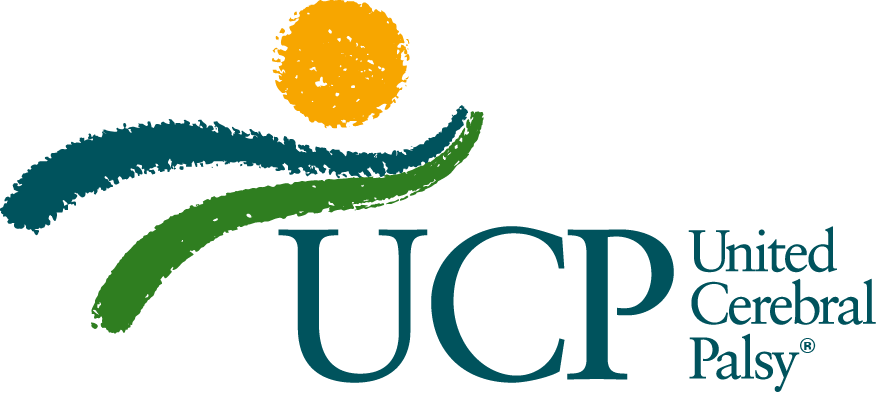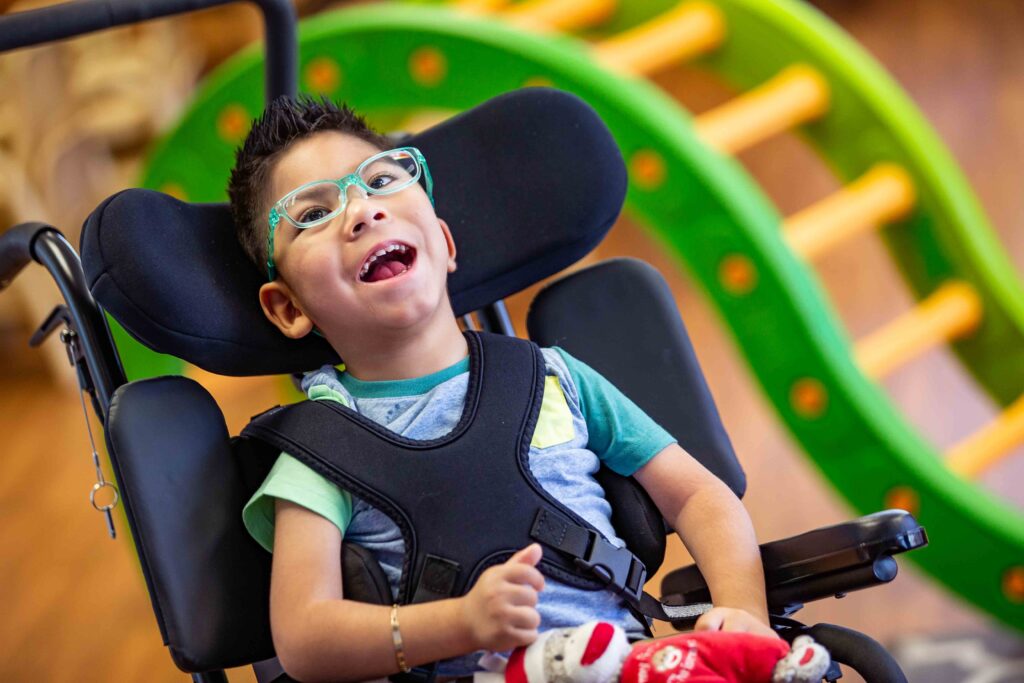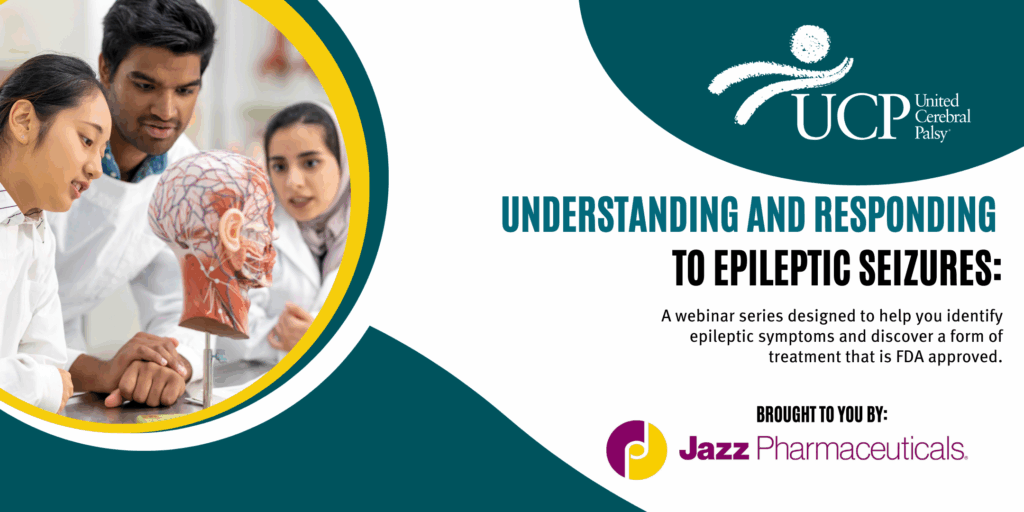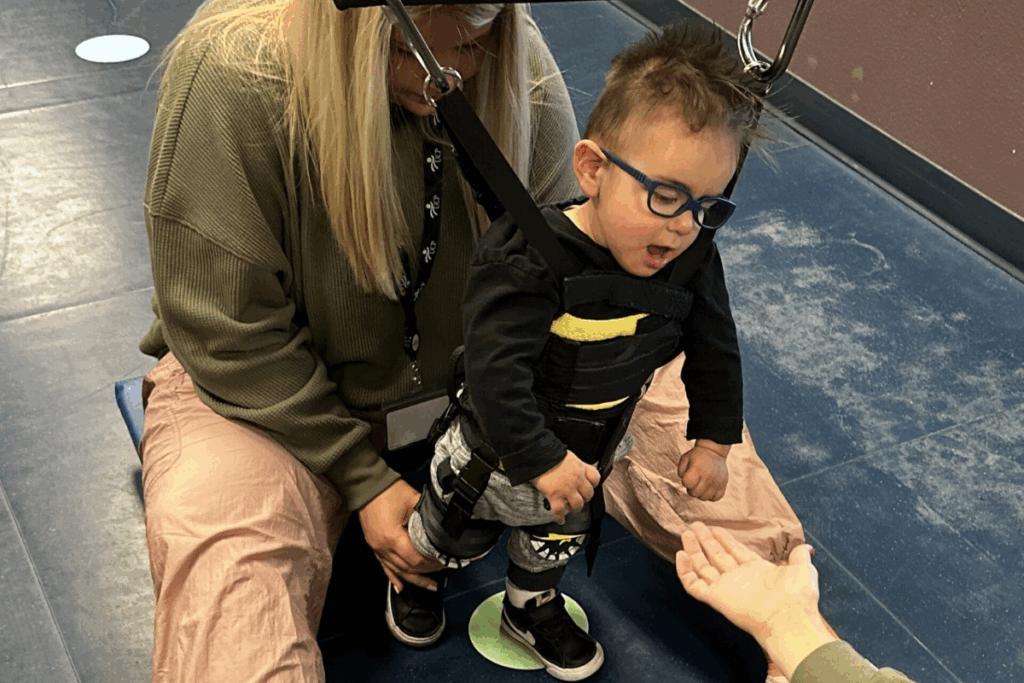
Vienna, Va. — September 30, 2025 — United Cerebral Palsy (UCP), a leader in providing resources and assistance to individuals with disabilities, is proud to announce the winners of the 2025 “Change is Possible for CP” Research Grant Program. Two recipients have been selected after a record number of applications were received for its annual program.
The “Change is Possible for CP” grant cycle is designed to advance clinical and translational research that bridges the gap between science and care. Starting in January, researchers and clinicians across the U.S. and Canada were invited to submit letters of intent for funding opportunities aimed at transforming the lives of children with cerebral palsy and related neurodevelopmental disabilities.
UCP’s Research Council — made up of medical professionals, parents, individuals with disabilities, clinician-researchers, affiliate leaders, and community advocates — guides the Research Grant Program. The program emphasizes “knowledge translation,” applying research insights to real-world care, and funds projects that drive advances in early diagnosis, treatment, and rehabilitation.
2025 Winning Projects
UCP’s Research Grant Program fuels groundbreaking studies, enabling clinicians and scientists to explore innovative approaches that can redefine care for individuals with cerebral palsy. The 2025 winning projects exemplify the transformative potential of these grants.
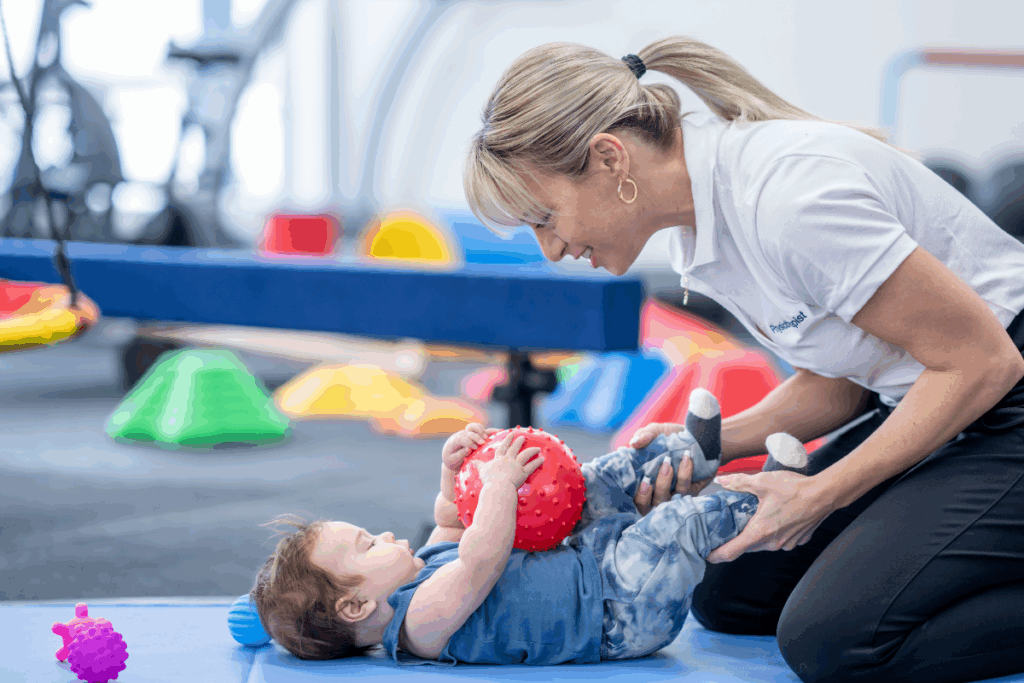
California Primary Care Provider Education of Early Identification and Intervention for Infants
Primary Investigator: Christiana Butera, University of Southern California
This project will expand training for primary care providers across California to improve early detection of cerebral palsy and other developmental disabilities. Building on the Early Identification and Intervention for Infants Network (EI3) initiative, the project will adapt a pilot program from Los Angeles County into a statewide virtual training program, ensuring accessible, evidence-based tools are available to providers and families.
Translating Early Diagnosis into Practice: Clinical Validation of BabyOSCAR for Selective Motor Control Assessment in Infants with Probable Cerebral Palsy
Primary Investigators: Theresa Sukal Moulton and Colleen Peyton, Northwestern University
This study will validate BabyOSCAR, a novel assessment tool that evaluates joint-specific movement using observational scoring of video-recorded spontaneous infant movement. By analyzing 250 retrospective infant videos and testing reliability across clinicians, the project aims to establish BabyOSCAR as a scalable, clinically feasible tool for earlier, more accurate CP diagnosis and individualized intervention.
UCP: Driving Innovation in Early Detection and Treatment
Each winning project will receive $20,000 in funding to advance its work. Both projects strongly reflect UCP’s priority areas of early diagnosis and early treatment for cerebral palsy, advancing research that translates directly into improved care for children and families.
“This year’s record-breaking response underscores the urgency and creativity driving the CP research community,” said Valerie Pieraccini, co-chair of UCP’s Research Council. “The two selected projects stand out for their potential to transform how cerebral palsy is identified and treated — accelerating the path from scientific discovery to clinical impact.”
“This year’s awardees represent what our research program strives to achieve,” said Armando Contreras, president and CEO of United Cerebral Palsy. “By supporting projects that expand early detection training for clinicians and validate new diagnostic tools, we are investing in research that will have a direct and lasting impact on children and families. These innovative studies reflect UCP’s commitment to advancing science that doesn’t just remain in the lab but is translated into practice — helping providers deliver earlier, more effective interventions and giving children with cerebral palsy the best chance to thrive.”
This year, the UCP Research Council saw a 270% surge in submissions compared to last year — a clear sign of the accelerating momentum, creativity, and commitment driving the future of cerebral palsy research.
